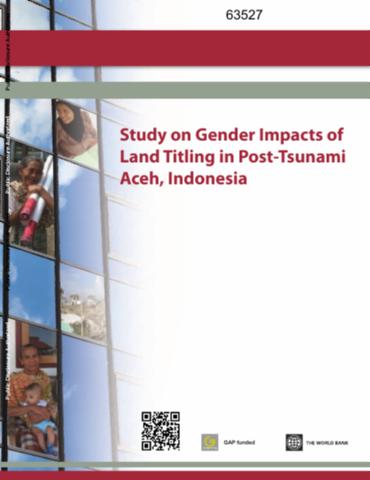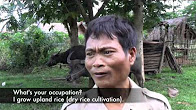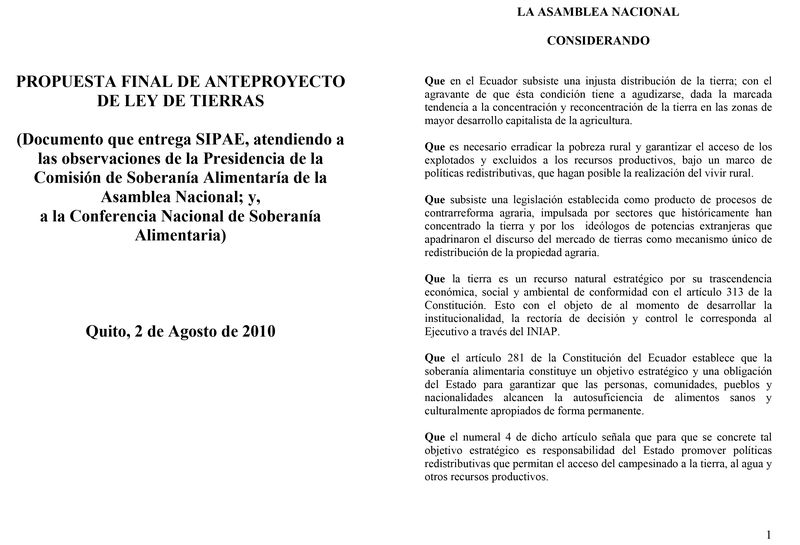Land Tenure: A foundation for food security in Myanmar's uplands
Access to land for smallholder farmers is a critical foundation for food security in Myanmar's uplands. Land tenure guarantees seem to be eroding and access to land becoming more difficult in some upland areas. If this trend continues it may have negative impacts for food security and undermine environmental and economic sustainability. This briefing paper explores the relationship between land tenure and food security, as well as key institutional and other factors that influence land access and tenure for smallholder farmers in the uplands today.




